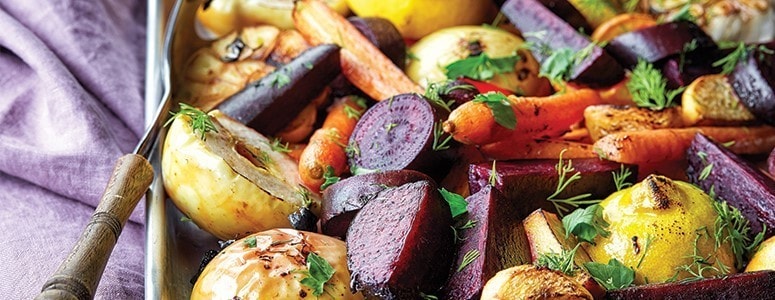
You can increase the portion size of vegetables on your dishes and even feature them as center-of-the plate stars. Eggplant, portobello mushrooms and many root vegetables are hearty and versatile enough to build an entire entrée. Plus, you can reduce red meat portions—which saves your restaurant money. Be sure that your menu descriptions play up the big, bold flavors.
2. Make a protein flip
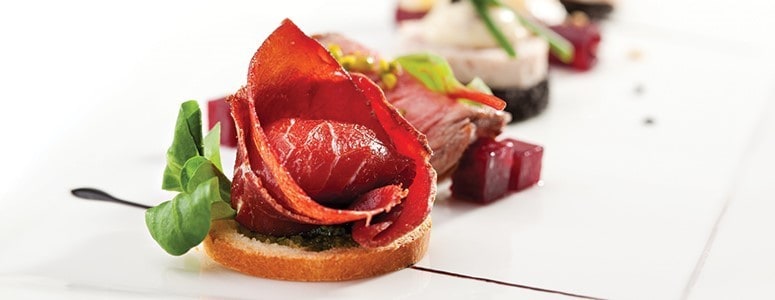
Consider reducing the portion size of red meat in your dishes. The Culinary Institute of America calls this practice, “The Protein Flip.” It’s not only nutritionally beneficial to cut back on meat, but it also helps create a more sustainable earth. Read up on quick wins with Plant-Based Meat Alternatives
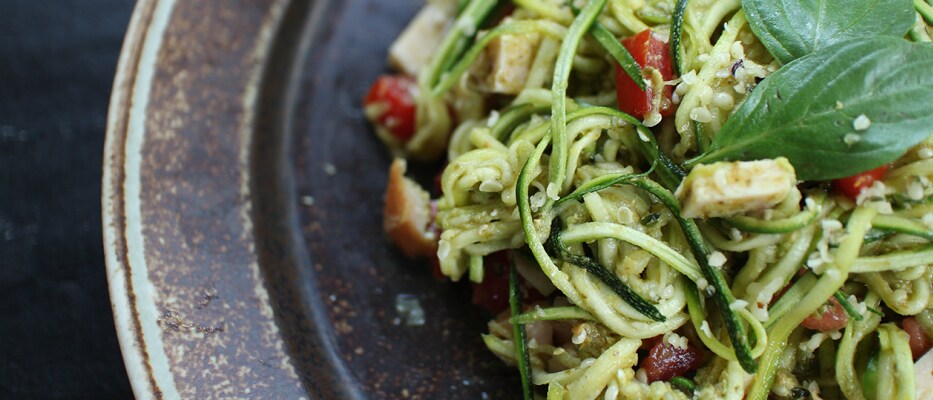
Don’t be afraid to “hide” healthy additions such as spinach in your sauces or soups. You can also substitute better-for-you ingredients such as vegetable “noodles” for pasta or use lettuce instead of tortillas as wraps. There are also plenty of ways to use nature’s bounty when it comes to reducing the salt content in your dishes too.
4. Serve Up Super Foods
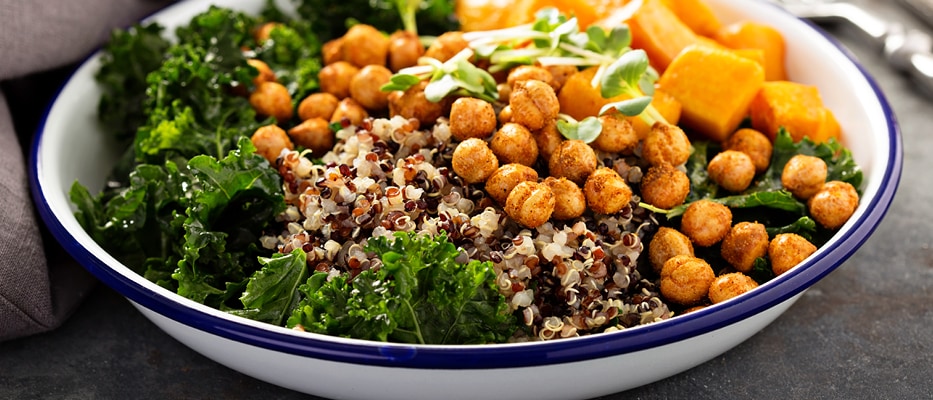
There has been an increase in consumers who want “functional foods.” Between 2011 and 2015 there was a phenomenal 202% increase globally in the number of food and drink products launched containing the terms “superfood,” “super fruit,” or “super grain.You can take advantage of this trend to enhance your healthy offerings by including more of these ingredients such as quinoa, blue berries, kale, salmon, chia seeds, green tea, broccoli and various beans.
5. Be Bold

Entice customers by adding big, indulgent flavors to dishes that may otherwise be thought of as healthy. For example, a small amount of sautéed chopped chorizo will make a kale lover out of anyone.
You can take advantage of recent ethnic trends and use global flavors and traditional techniques to offer intense flavors and veggie-forward dishes. Take Korean Kimchi for example – better yet, your vegetable storage area already has everything you need to make this popular, simple, traditionally Korean
6. Be aware of presentation
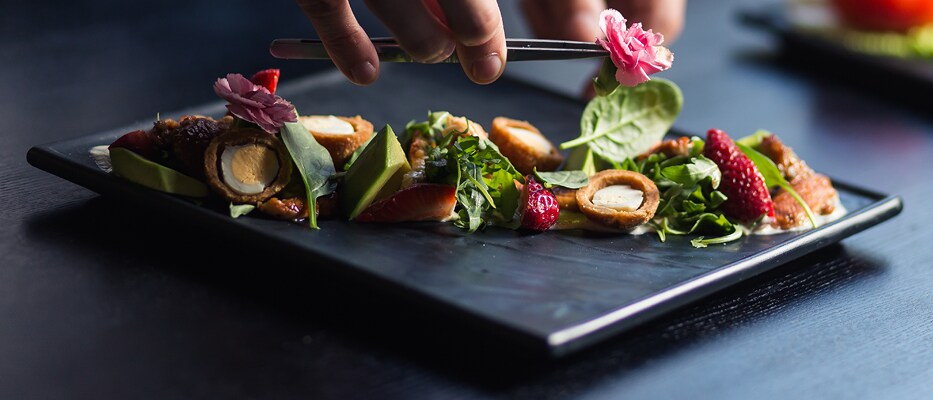
Think about offering smaller portion sizes and adding larger, healthier sides. Be creative and present your sides as the centre of your dish instead of as an afterthought. Don’t forget to keep in mind the plates you use. Creating a visual connection between the plate’s shape, size and its contents is important for diner satisfaction.
* Mintel, GNPD
